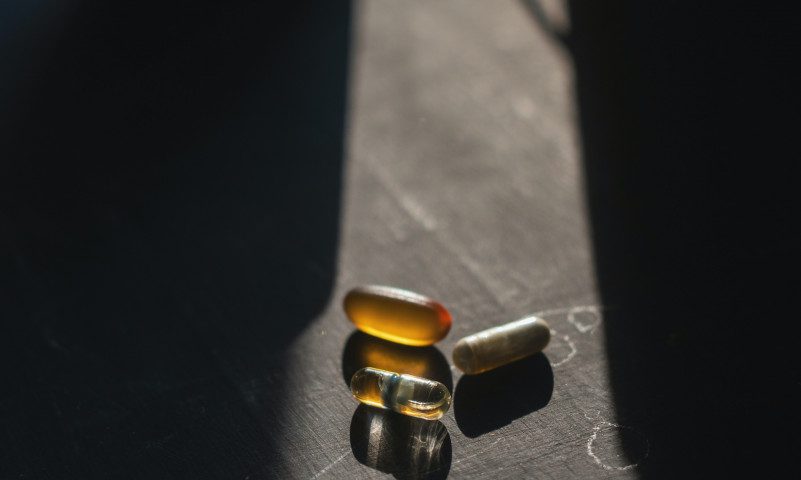People with phenylketonuria (PKU) have a harmful buildup of an amino acid called phenylalanine (one of the building blocks of protein) in their bodies. Consequently, they must rely on a phenylalanine-restricted diet to help prevent disease complications.
It is important to have a treatment plan in place. This is particularly important for emergencies, as some healthcare professionals may be unfamiliar with this rare metabolic disorder.
What is a treatment plan?
A treatment plan consists of a description of your disease and a list of common symptoms, underscoring those that you’ve been experiencing. Such a plan also has information about prescribed medications and supplements you currently take, including dosage and possible side effects.
Special diets such as yours should be included so that, for example, physicians don’t prescribe medications that contain prohibited food products.
Your treatment plan also should contain the contact information of your primary care physician, and other emergency contacts, such as your healthcare proxy and a relative.
Some PKU patients may experience heart problems and seizures. That may make it difficult or impossible to explain your condition when you’re experiencing a medical emergency, reinforcing the importance of having a treatment plan readily available.
Who gets a copy of the plan?
If you provide emergency room personnel with your plan, they can contact your physician to ask questions about your treatment. Another copy should go to your healthcare proxy, a legally designated individual who, if necessary, can make medical decisions on your behalf. Make sure you discuss the plan with your healthcare proxy.
If you are in school, you should make the school nurse or clinic aware of your condition, and give them a copy of your treatment plan. School officials need to be prepared to treat you if you need medical care while at school.
If you are at work, you should give a copy of the plan to your workplace representative so that, in the event of an emergency, they can call your emergency contacts.
How should it be updated?
Review your treatment plan and update all necessary sections after each doctor’s visit. Has your doctor adjusted your diet or supplemental formula? Have any medications or dosages changed? Does your physician have new recommendations? After each update, make sure everyone with a copy of your treatment plan has the most current information.
Last updated: June 25, 2020
***
Phenylketonuria News is strictly a news and information website about the disease. It does not provide medical advice, diagnosis, or treatment. This content is not intended to be a substitute for professional medical advice, diagnosis, or treatment. Always seek the advice of your physician or other qualified health provider with any questions you may have regarding a medical condition. Never disregard professional medical advice or delay in seeking it because of something you have read on this website.

